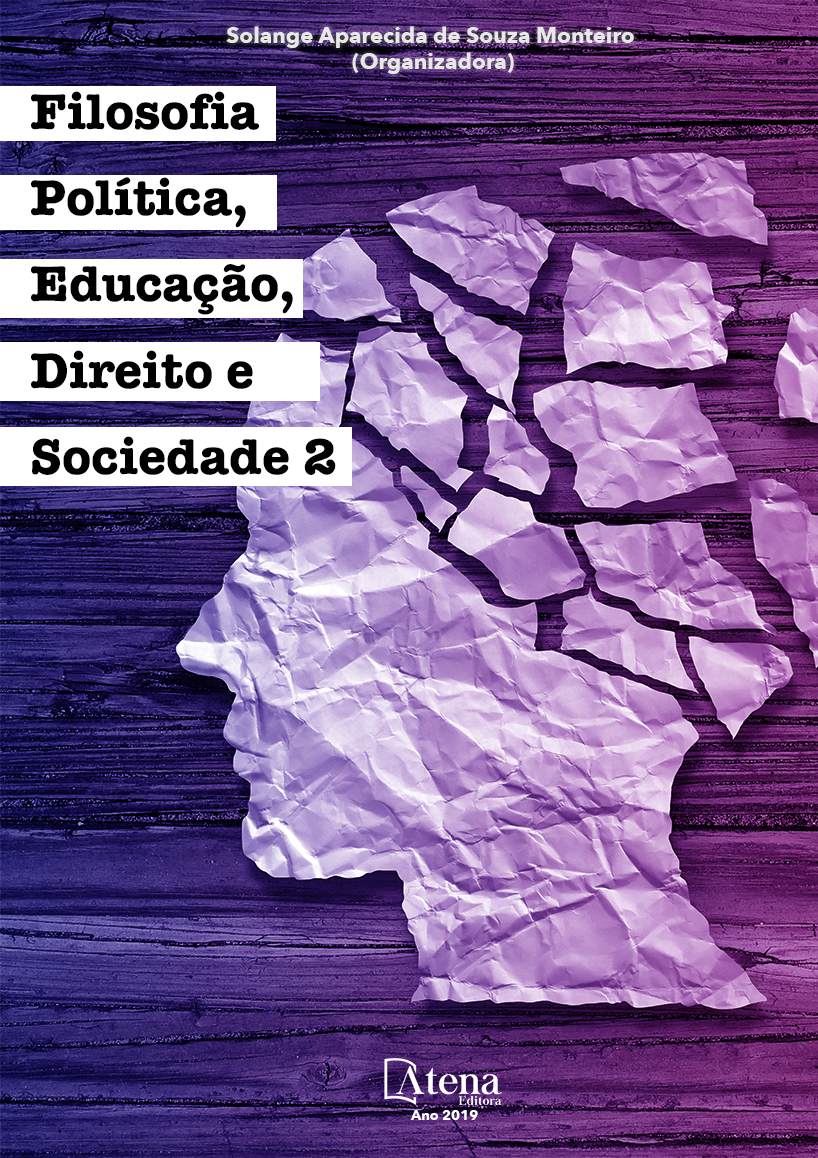
O TEMPO DA DÁDIVA: A ABERTURA DA RAZÃO ÉTICO-ESPIRITUAL NA INTERFACE DÁDIVA E EDUCAÇÃO
O presente estudo objetivou
caracterizar o fenômeno da dádiva, suas
contribuições para o campo educacional e
elucidar o debate acerca das sutilezas que
perpassam a ação educacional. Delineou-se tal
fenômeno a partir do pensamento do sociólogo
Marcel Mauss. Buscou-se também interligar
a dádiva à Educação e refletir sobre a ética
que permeia a ação pedagógica movida pela
dádiva. Vale ressaltar que para fomentar essa
discussão, aportamo-nos nas ideias de alguns
filósofos que discutem essa temática. Nesse
percurso, os estudos do filósofo Henri Bergson
foram importantes, uma vez que permitiram, a
partir da sua noção de tempo, a compreensão
do como o ciclo da dádiva se movimenta e afeta
a atmosfera pedagógica. Pôde-se constatar
que o ciclo da dádiva ocorre também porque
as pessoas experienciam concretamente uma
obrigação interior para isso. Não se trata,
porém, de uma coerção exterior, mas de algo
que emerge da própria pessoa que se sente
livremente obrigada. Sendo assim, suspeitase
que a dádiva seja uma ação que pode, em
algumas ocasiões, expressar o que realmente
somos, sobretudo quando o ciclo da dádiva nos
coloca em uma relação vital com os outros seres
humanos. Essa vinculação nos faz ver a plenitude
espiritual de nossa humanidade. Por isso, o
educador que age movido pela dádiva não se
satisfaz apenas em responder às necessidades
da sociedade; sua responsabilidade ética
responde antes ao apelo de um projeto
formativo integralmente humano. Dessa forma,
esse projeto envolve um movimento interior
e espiritual, simultaneamente, por parte do
próprio educador.
O TEMPO DA DÁDIVA: A ABERTURA DA RAZÃO ÉTICO-ESPIRITUAL NA INTERFACE DÁDIVA E EDUCAÇÃO
-
DOI: 10.22533/at.ed.9571904025
-
Palavras-chave: Dádiva. Educação. Duração. Ética.
-
Keywords: Gift. Education. Duration. Ethic.
-
Abstract:
The present study aimed
to characterize the gift phenomenon, its
contributions to the educational field and
elucidate the debate about the subtleties that permeate the educational action. Such
phenomena were delineated from the thought of the sociologist Marcel Mauss. It was
also sought to link the gift to Education and reflect on the ethics that permeates the
pedagogical action moved by the gift. It is worth mentioning that to encourage this
discussion, we contribute to the ideas of some philosophers who discuss this theme.
In this way, the studies of the philosopher Henri Bergson were important, since they
allowed, from their notion of time, the understanding of how the cycle of the gift moves
and affects the pedagogical atmosphere. It could be seen that the cycle of the gift also
occurs because the people concretely experience an inner obligation for it. It is not,
however, an external coercion, but something that emerges from the very person who
feels freely obliged. Thus, it is suspected that the gift is an action that can, on some
occasions, express what we really are, especially when the gift cycle puts us in a vital
relationship with other human beings. This bonding makes us see the spiritual fullness
of our humanity. Therefore, the educator who acts by the gift is not satisfied only in
responding to the needs of society; its ethical responsibility responds first to the appeal
of an integrally human formative project. In this way, this project involves an inner and
spiritual movement, simultaneously, by the educator himself.
-
Número de páginas: 15
- ANA GREGÓRIA DE LIRA


